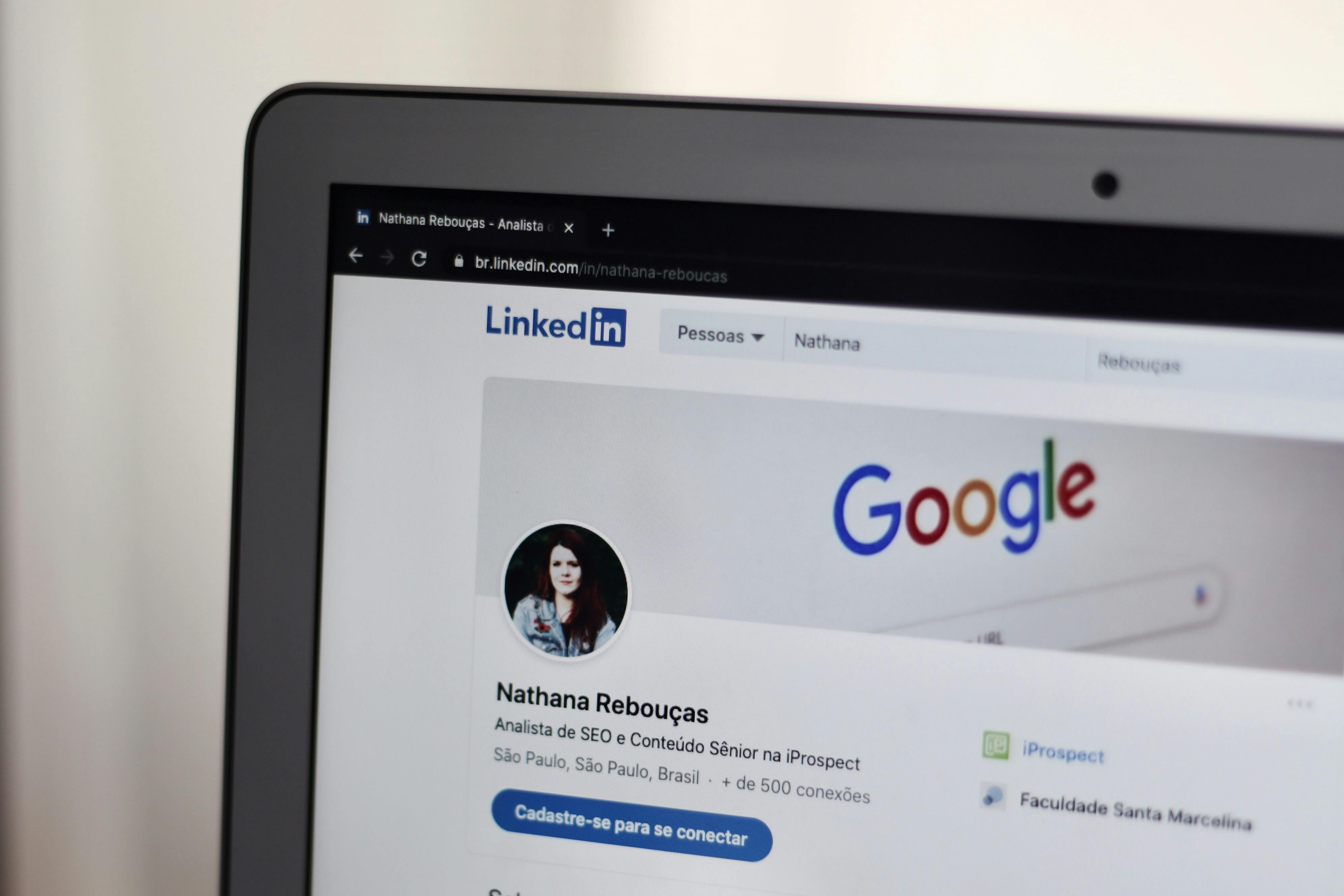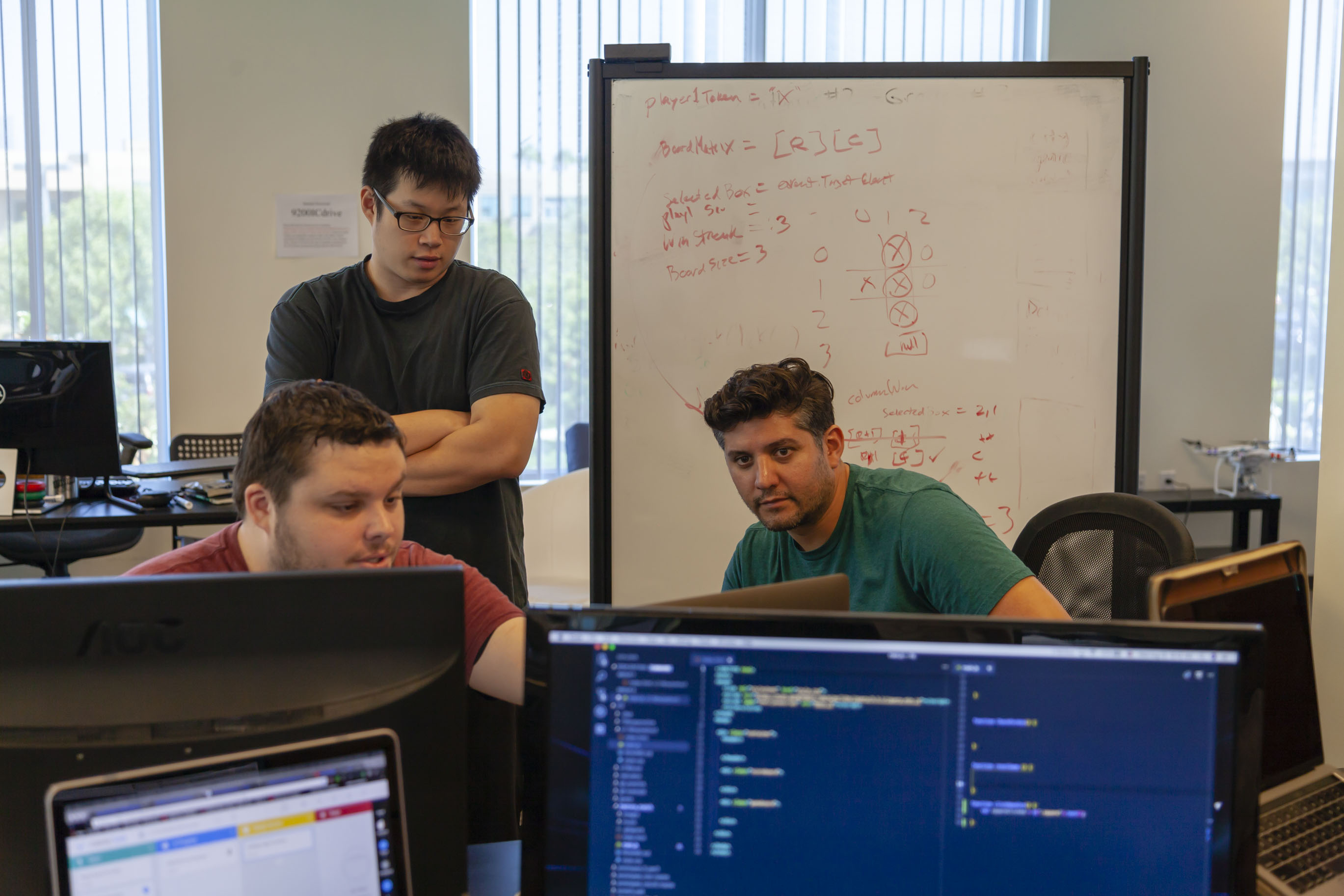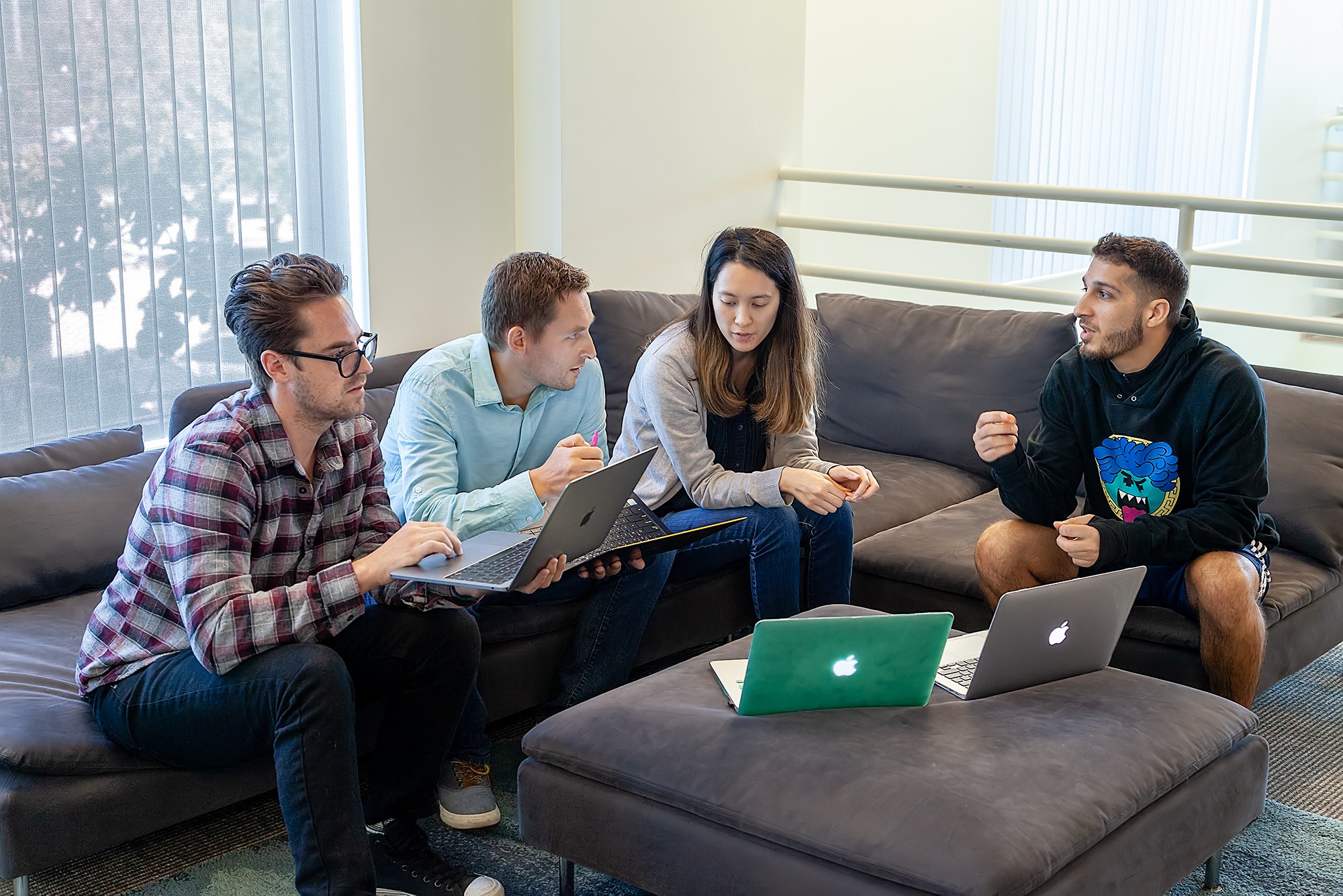LearningFuze Library
Resources for coding, software engineering, QA testing, data science, data analytics, and career development.
FEATURED ARTICLES
Latest Articles
April 5, 2024
Learn essential software design principles for robust, efficient code. Join LearningFuze's bootcamps for expert guidance in software engineering.
Learn the key to software development success with programming fundamentals. Discover career opportunities with LearningFuze's coding bootcamp job placement.
March 5, 2024
Practice CSS and JavaScript technical assessment questions to prepare for your next software engineering interview with sample questions covering display values, CSS rules, JavaScript arrays, and operators.
February 22, 2024
Discover how long it takes to master JavaScript start your SWE career. Learn basic JS in 2 weeks at LearningFuze with hands-on training and exercises.
April 17, 2024
February 26, 2024












